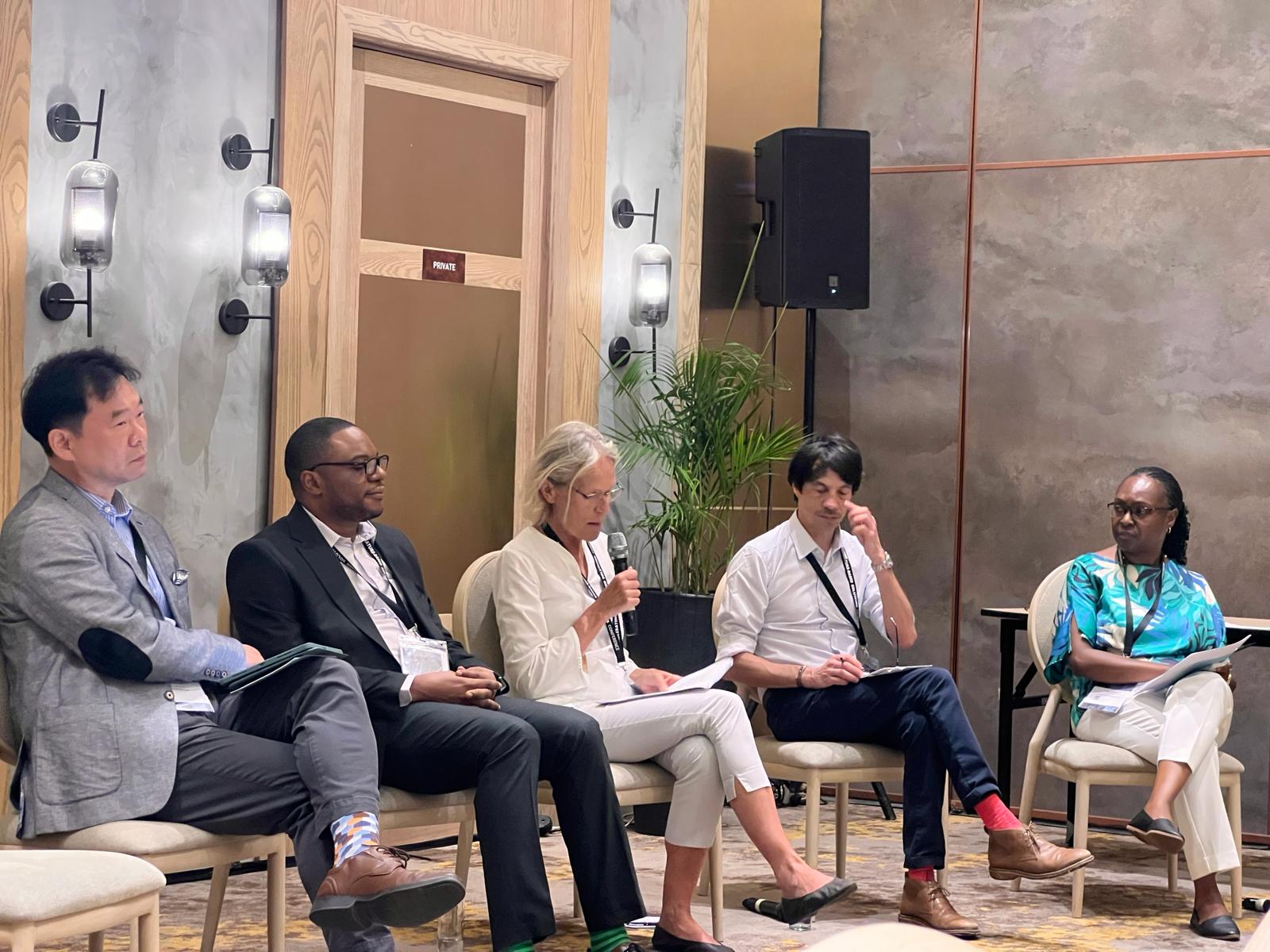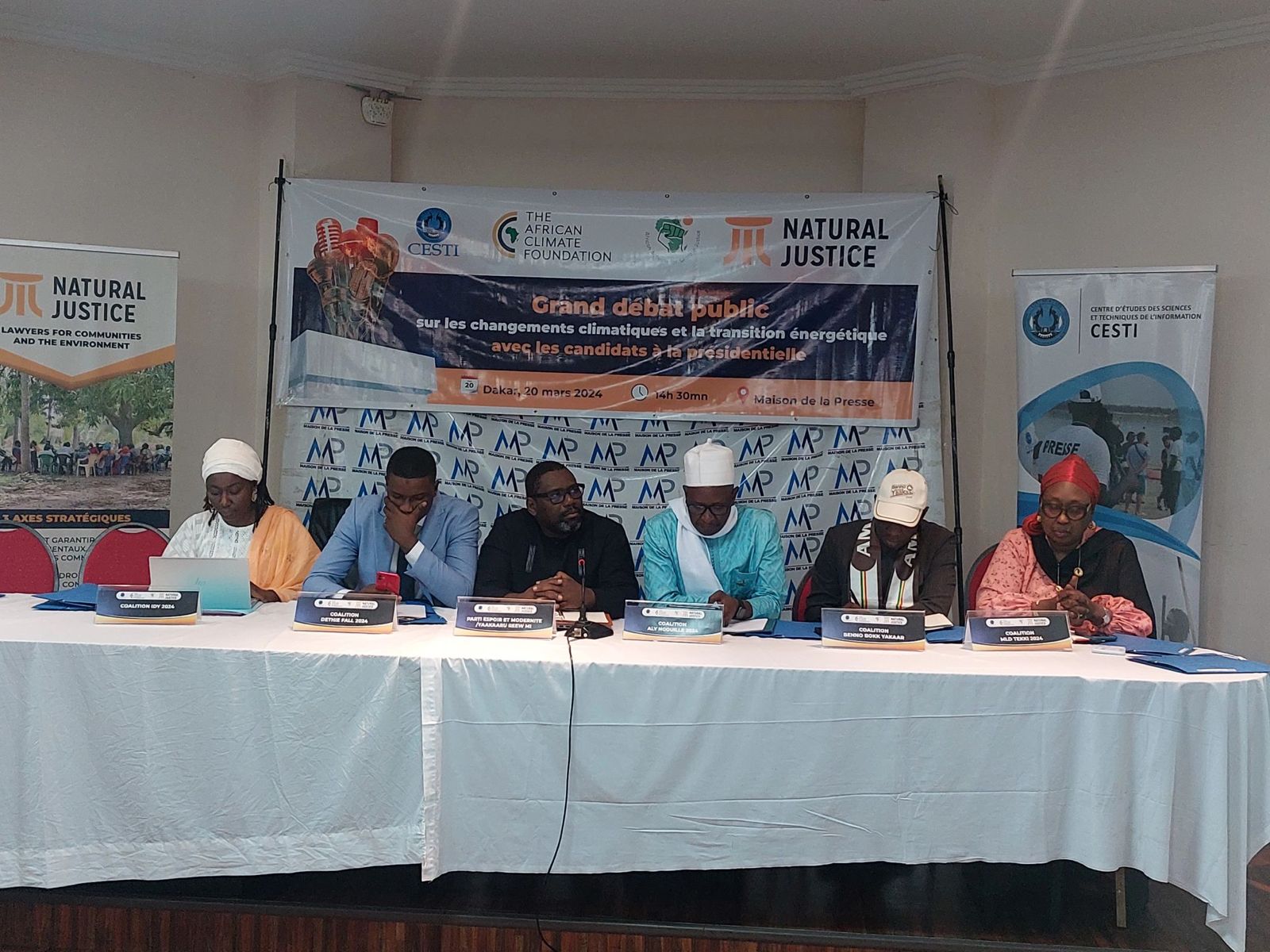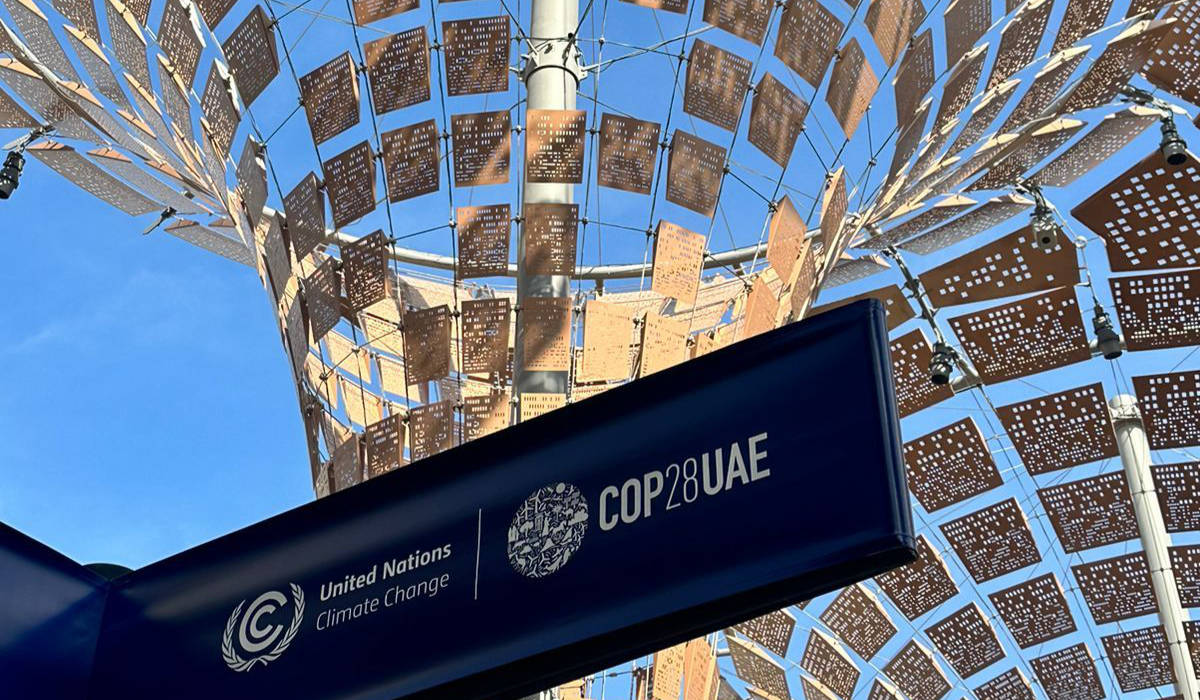Anxiety is mounting about a watered-down text at COP27 that would revert to setting a 2°C rise instead of 1.5°C as a target for climate change. But delegates remain optimistic that there’s enough support for the 1.5°C target to keep it alive beyond this year’s climate talks.
Delegates from the NGO space called on negotiators to deliver a deal that ensured a swift, just, and equitable phase-out of fossil fuels in the final text, to ensure that climate change stayed within the 1.5°C range.
It has emerged from the talks – hammering out a deal behind closed doors – that some countries may be trying to get the wording around 1.5°C weakened; with some parties pushing for a return to “Paris Agreement language”, which centres on ‘well-below 2°C’. Climate talks after Paris have since managed to secure 1.5°C as a minimum, but that is now being threatened as some countries backpedal.
There are real concerns that some countries may be backsliding at the climate talks this year, to previous promises they have made to prevent a climate emergency. COP27 president, the UK’s Alok Sharma warned that COP27 could be the climate conference where the 1.5°C target is lost in the final text of the deal.
“It’s really up to us to decide, I hope we will decide to keep 1.5°C alive,” he said.
The first tentative draft of a COP27 deal – that will drive the climate crisis response global plan – drew criticism from climate activists who started to emerge of key potential decisions. Obstacles that have emerged in the first text of a draft deal include the promise of finance for climate adaptation, as well as the delivery of the $100 billion promised by rich countries by 2020 that has failed to materialise.
In a negotiation draft text, the G77 bloc of developing countries and China proposed a loss and damage fund, which would help fund countries already hit by climate disasters. Loss and damage for the first time made it onto the official COP agenda, after years of resistance from rich nations fearing that it could open them up to lawsuits. Its inclusion on the main agenda this year has been hailed as one of the big successes of the conference so far.
With sticking points emerging, delegates believed the talks could bleed into the weekend, with negotiations already running into the early morning hours.
Amidst the midnight scrambles for a COP27 deal, Indonesia also announced that they had managed to secure their own JETP with partners that included the US, Japan, and the UK to help wean the country off coal power. The deal was announced on the sidelines of the G20 summit in Indonesia.
Indonesia, the world’s fifth largest greenhouse gas emitter, will receive $20 billion of public and private finance in a deal modelled on the ground-breaking $8.5 billion JETP deal agreed with South Africa at the COP26 Summit last year. Developed nations also helped to broker South Africa’s JETP deal to move away from coal. Similar deals are also currently under discussion with Vietnam, India, and Senegal.
Indonesia’s JETP deal is expected to focus on both accelerating the early retirement of some of Indonesia’s largest and oldest coal plants while unlocking more investment in ramping up the nation’s renewable energy capabilities.



